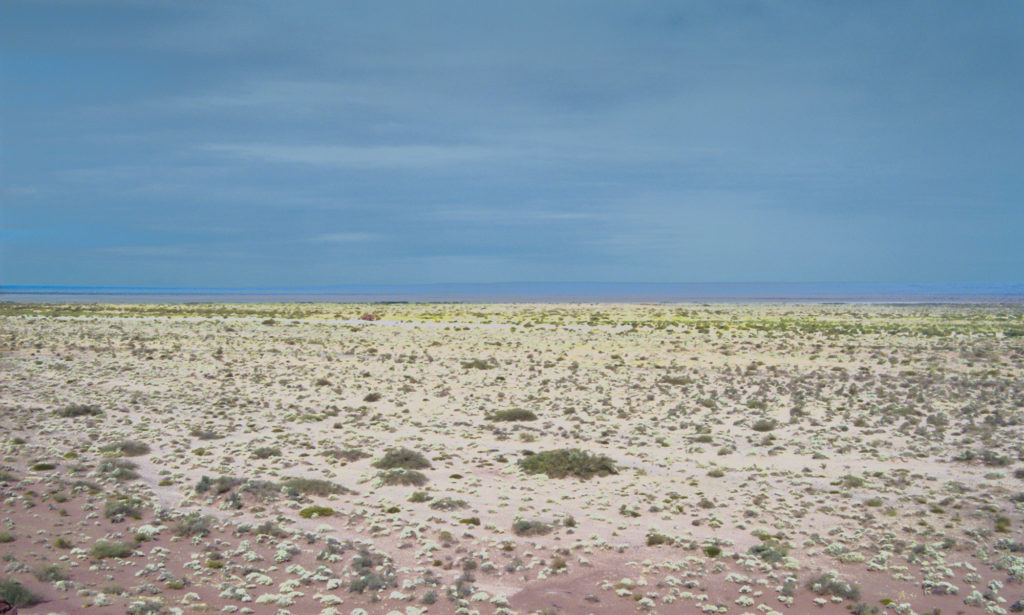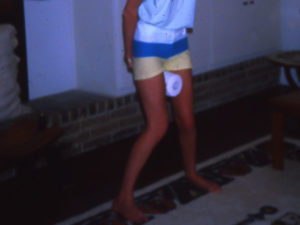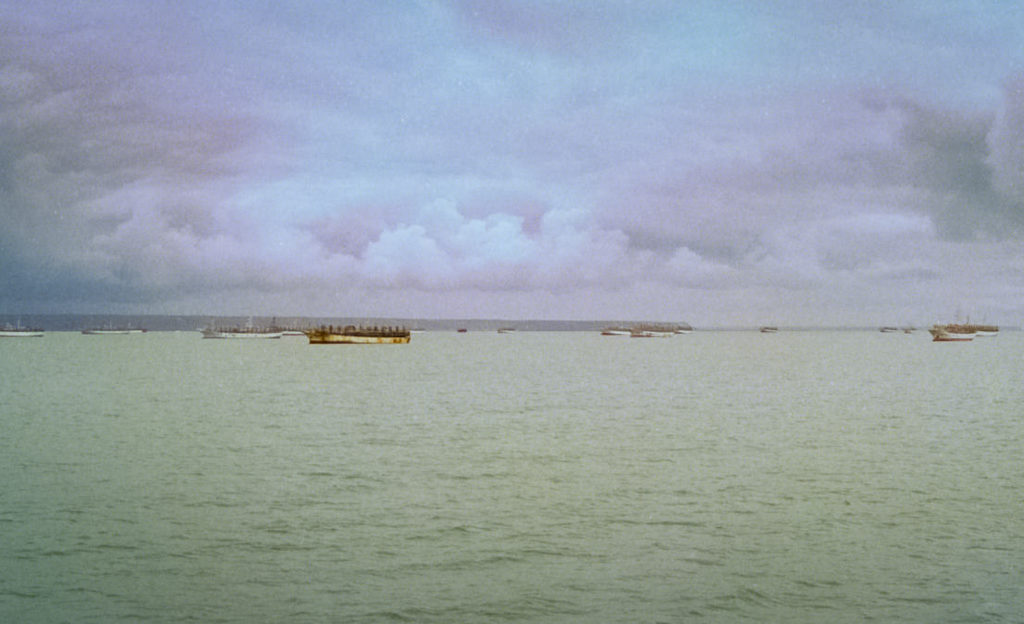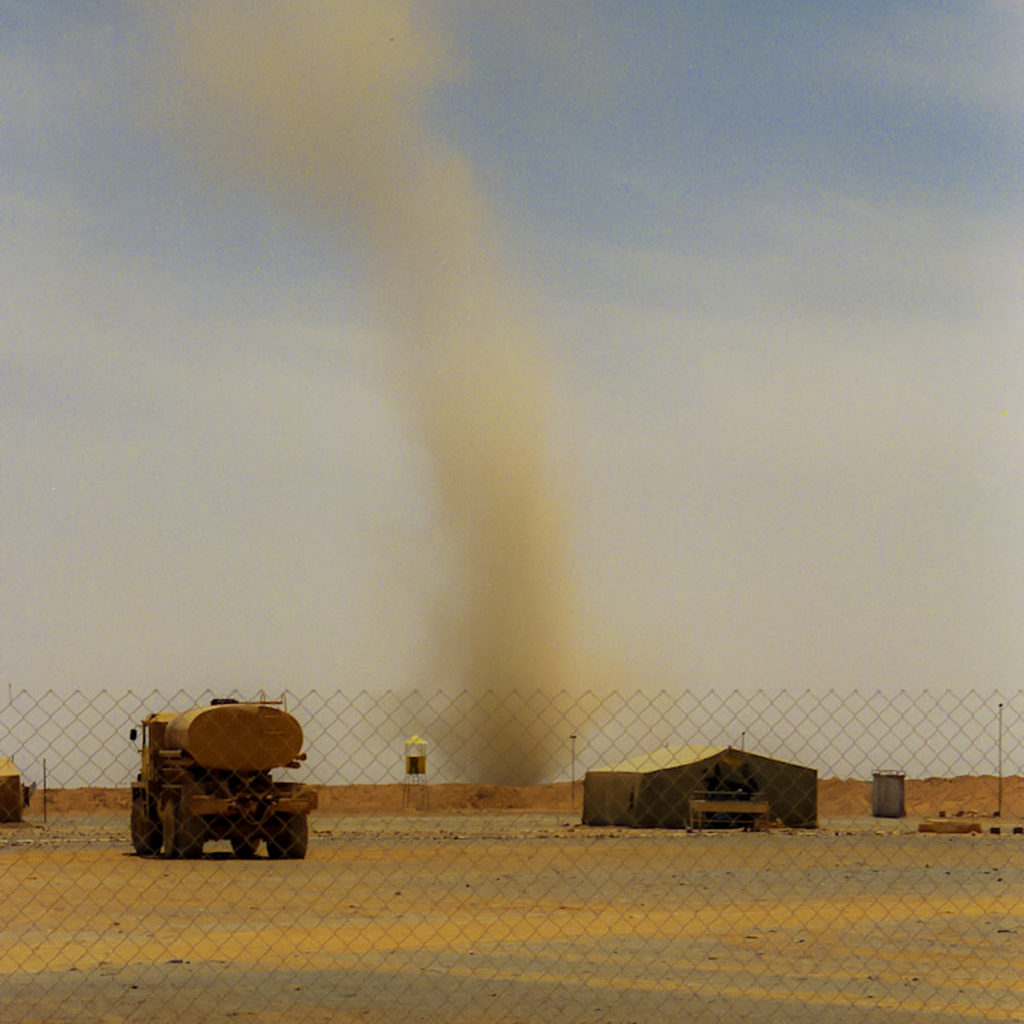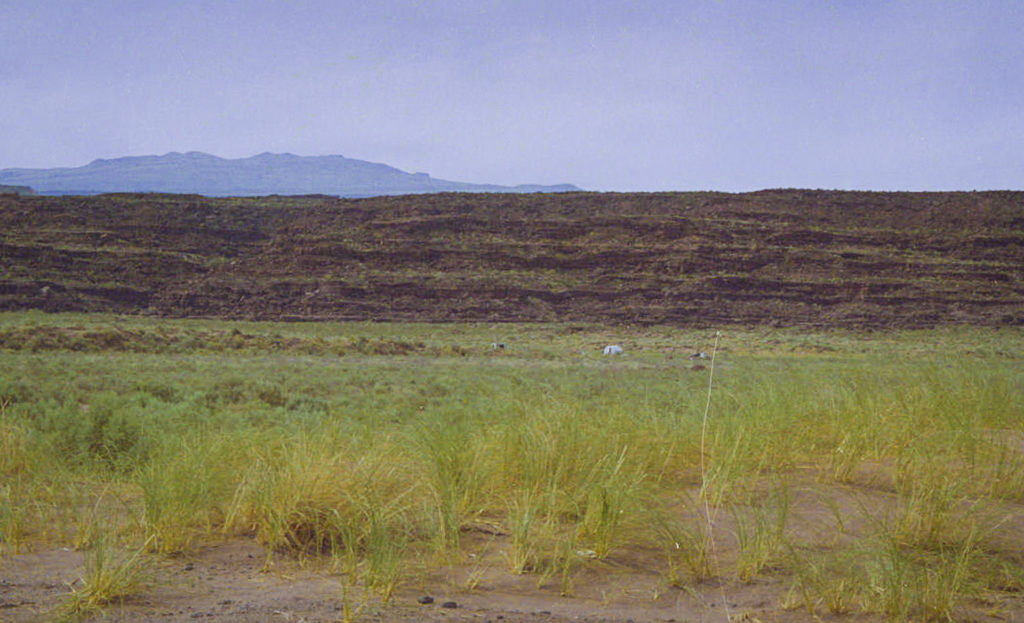The Porteño taxi driver surprised me several times. He smiled and whispered affectionately as he moved the small dog across to steer the car. The terrier had been whimpering, seeking attention as we zipped through Buenos Aires traffic. The smell in the car was also surprising. The windows were open because of the heat and the interior was decorated with toilet bowl fresheners. Pine and lavender as I recall, six clipped to doors and seats that I could see.
